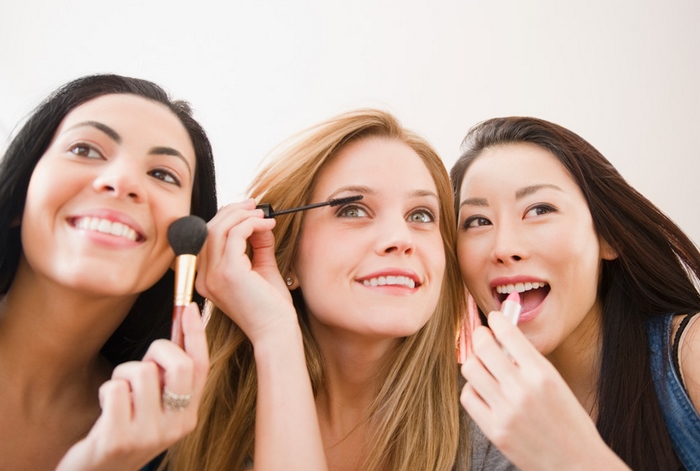Nowadays all of us women use various cosmetic and make-up products on a daily basis. Knowing that these products interact directly with our skin, it is also true that they have an impact on our health. This fact is often overlooked, leaving us with little to no knowledge about the precautions we need to take when trying, keeping and using cosmetic products. In this article I will briefly explain the basic rules we must follow to avoid common health issues that can be caused by misuse of cosmetic and makeup products.
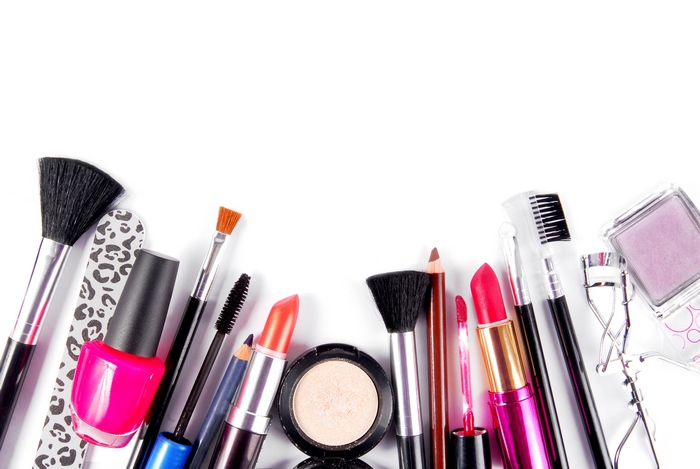
Testing the makeup
If not done properly, testing makeup products with in-store testers can cause us serious health problems. Having the same products tested by many people, like eye shadow or lipstick for example, without the proper care can cause product contamination which can lead to pink eye, infections, or even viruses like herpes. Since none of us wants to buy makeup product without testing it first, you are probably wondering what are the best ways to prevent these diseases? Here are a few makeup safety tips on how to test the makeup:
- Use only prepared makeup testers. You can ask the salespersons to prepare them before you test the makeup. Lipsticks should be dipped in alcohol, and then scraped. Eyeliners should be sharped before use. Moreover, you can use makeup alcohol wipes to clean powders. I always use the BeautySoClean Cosmetic Sanitizer Wipes for this purpose.
- Shop when it’s less crowded. If you shop on weekdays instead of weekends, your chances of getting cleaner makeup testers are better, since testers are often expanded and replaced after crowded weekends.
- Avoid the pot. Avoid trying anything that comes in an open jar, such as loose eye shadow, lotion, lip gloss. There is no way to clean that.
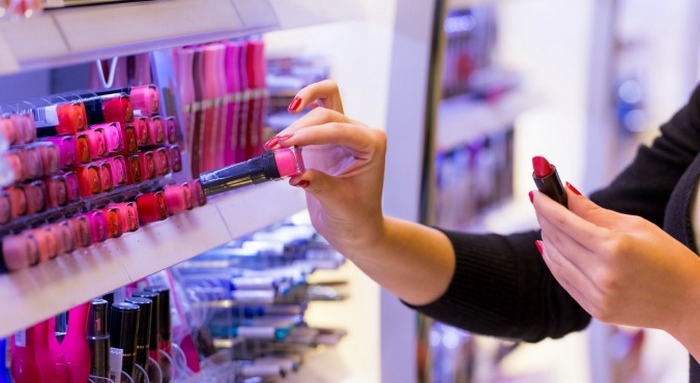
Makeup Expiration Date
It is very rare to find the expiration date on makeup and skincare products, in the same format as we see it on every other product. This can be also very misleading, so often we find ourselves using makeup that is past its date, which is as bad as eating gone-off food. But how do we know when it is the right time to throw our old makeup and replace it with a new one? The PAO Symbol can tell us when it’s the right time to toss. It means Period After Opening, representing the period in which the product is safe for using. The opening date is considered as the main factor that determines the life span of makeup and skincare products. The PAO tells us the number of months we can use the product after its first opening.
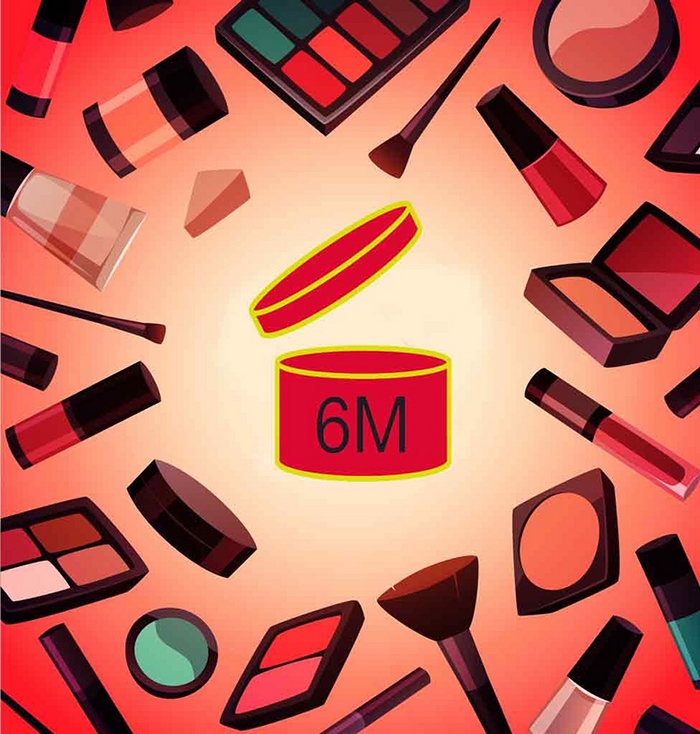
Some products don’t have a PAO symbol, which doesn’t mean that they don’t have an expiration date. That’s why there are some general makeup safety tips that can help you determine when to toss the product in the recycle bin.
- Micellar water, cleanser, toner– up to 6 months. These are all water-based products and water being the main ingredient encourages bacteria growth, bacterial contamination and breaks down with exposure to air.
- Moisturizer, concealer and foundation – up to 1 year. These products have way less water compared to the first group, making them more immune to bacteria.
- Lipgloss, Lipbalm, and Lipliner – up to 1 year
- Powders, Lipstick and Nail polish – up to 2 years
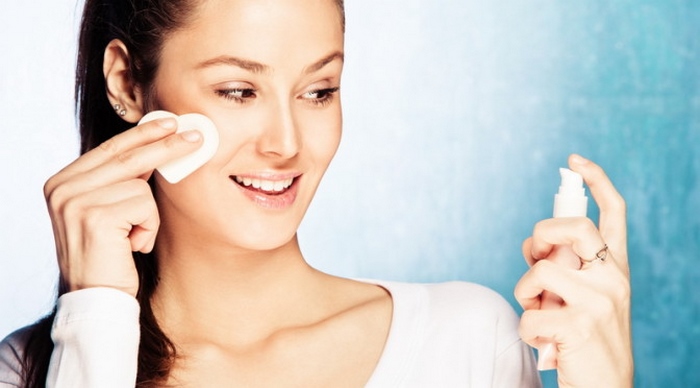
Makeup storing and cleaning
Keeping the makeup and cosmetic products in good condition is crucial for expanding their lifespan and avoiding potential health issues. There are few general makeup safety tips to follow in this area.
- Keep the products in a dry area, away from direct heat or sunlight. I would not recommend storing makeup in the bathroom since moisture can be often found there. The best practice here would be storing products (especially creams and lotions) in the fridge.
- Clean the brushes and applicators weekly. You can use special cleansers here, spraying and wiping, simple as that. I personally use and recommend using BeautySoClean Cosmetic Sanitizer for this purpose.
- Once in a while, be sure to disinfect the edge of the jars, tubes, and caps. I personally do this weekly, at the same time when I am cleaning the brushes. It may be little too much, but I always tend to “overdo” stuff 🙂
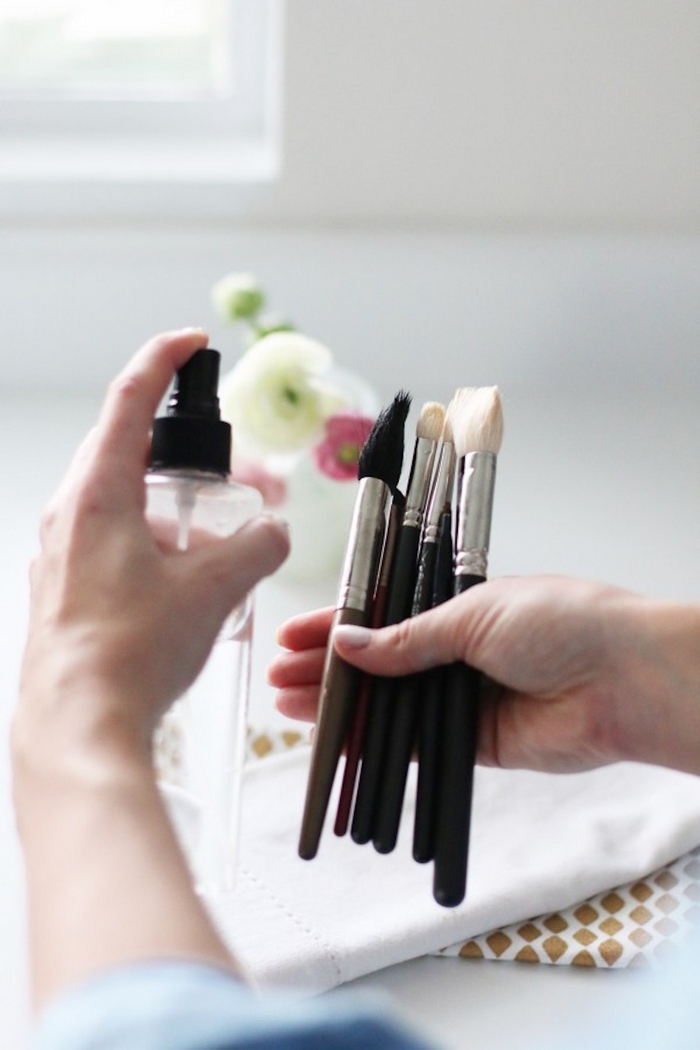
Some Extra Tips
Lastly, we also need to know a few things about applying the makeup. Good rules of the thumb here are:
- Always wash your hands before applying makeup.
- Avoid applying creams with your fingers. You can use a clean putty knife for this purpose. This practice keeps bacteria from getting into the jar.
- Do not add water to dilute your cosmetic and makeup products. This will only contribute towards great bacterial conditions, and we don’t want that to happen.
- Do not share your makeup. If you do share it, you will find yourself in the same situation as when you are testing the makeup. So, a little reminder notice from the first paragraph here – mind your hygiene.
